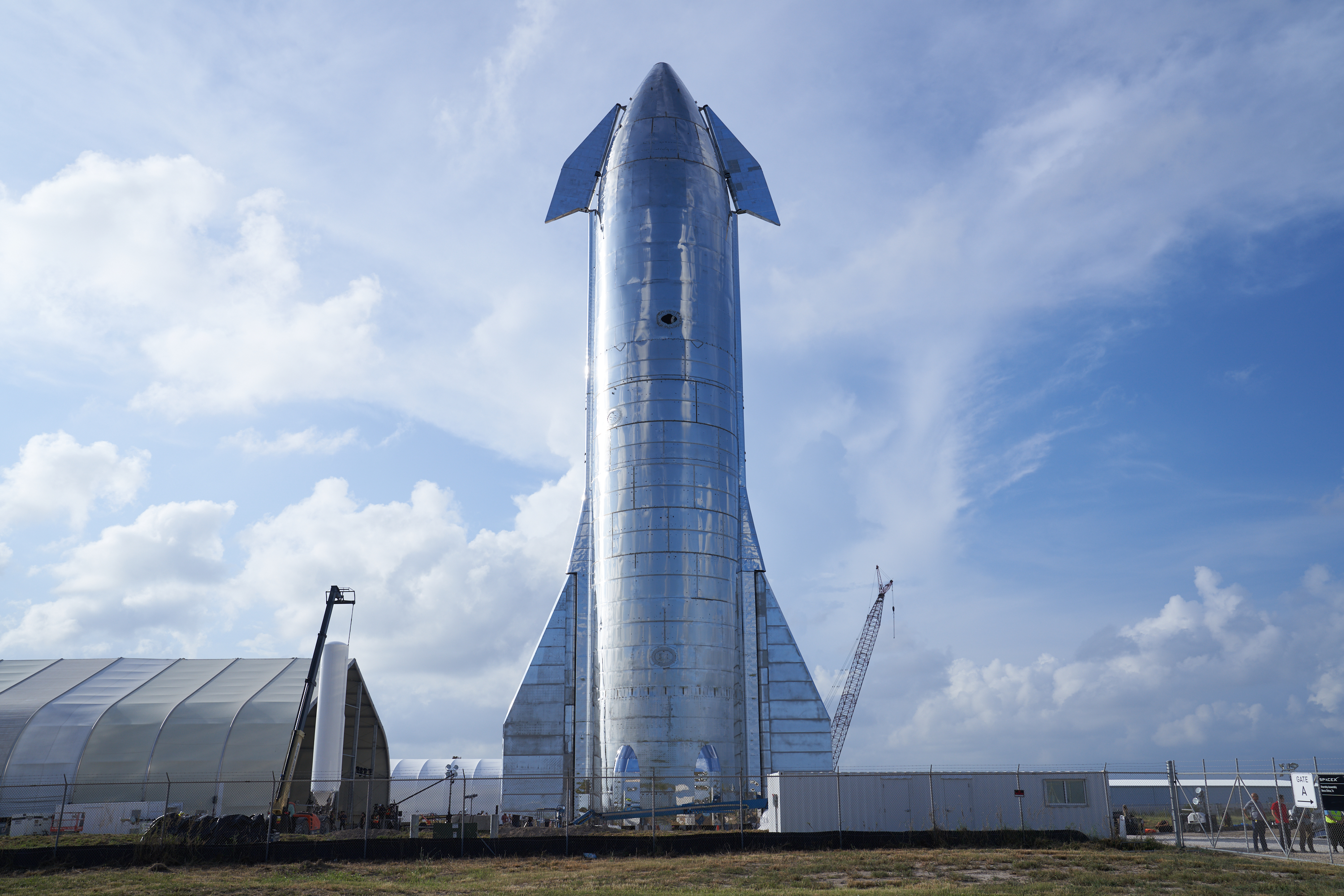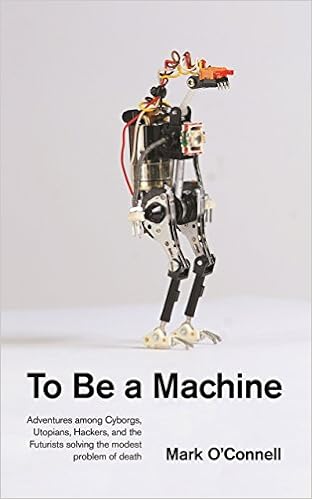
Mars, here we come! Those are Elon Musk's words from a tweet in December when he launched the first (almost successful) Starship flight. Humanity's most powerful rocket ever, the start of a new stage in the space race, triggered by innovation in the private sector. Now that the countries and companies have gradually started adapting to the Covid realities, 2021 is about to become a tipping point in space flight beyond Earth's atmosphere.
The next 12 months will probably be a hectic time in space, as we're likely to witness the privatization of near-Earth orbit. Near space will be saturated with spacecraft from new companies who'll build small rockets solely through private investment. The big players in the sector and the national space agencies will in turn redirect their efforts to larger and bolder undertakings, directed at Moon and deeper space, like Mars, Venus and the asteroid belt. But we'll be needing new, more powerful rockets for that. 2021 is expected to give us at least 4 or 5 of those: Starship of SpaceX, SLS of NASA, Vulcan of ULA, the Russian Angara 5A, and probably also New Glenn of Blue Origin, Bezos' space company.
( Read more... )


